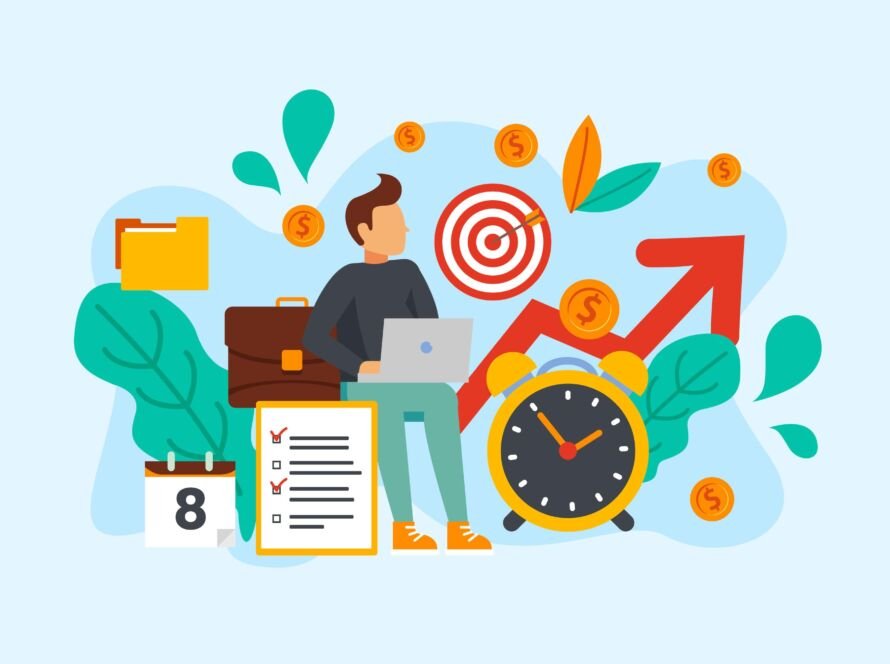
What is an AI Agent?
- AI agent is a self-motivated AI system that can receive information from the environment analyze task, do decision and acting independently to meet a goal with limited human interaction. Unlike classic or generative AI (which often requires explicit instructions to follow, or rely only on following categorical rules), AI agents can plan, adapt, and execute a multi-step task by adhering to context and modifying their approaches on-the-fly.
Key Features of AI Agents Autonomy:
- Execute on its own, using its judgment and actions without round-the-clock human supervision.
- Goal-Orientation: Be heading towards set goals, and have (often intermediate) targets and priorities modified along the way.
- Iterative Reasoning -Tackling complex problems and breaking them down into steps -Modifying their approach according to feedback and results.
- Context Aware: Recognize and adjust to available context/environment, user behavior and real-time support data.
- Continuous Learning: Get better over time using methods like reinforcement learning and deep learning, learning from both successes and failures. Collaboration: Ability to work as a part of multi agent system, to collaborate with other agents in solving the complex problem.
Application of AI Agents to Real-Life in 2025:
- Enterprise Automation: AI robots take care of customer support, draft emails, handle invoices, and streamline workflows, saving over 50% of case handling time in certain implementations.
- Creative tools: Through platforms such as Adobe Photoshop and Premiere Pro, agents use AI to recommend edits, automate work, and offer live creative guidance.
- Business Intelligence & Cybersecurity: AI agents scout data streams, identify and act on anomalies and threats.
Benefits of AI Agents Less Manual Labor:
Standardize and automate long-form, multi-step workflows.
- Increased efficiency: Start, execute, and optimize processes without waiting for human intervention.
- Adaptation on-the-go: react to new information, new user needs or new environmental conditions instantaneously.
- Scalability - Deploy at scale across large organizations and dynamic environments with little side effects.
- Kaizen: Learn and improve performance over time, providing more value
FAQ: AI Agents in 2025:
1. What is the distinction between AI agent and generative AI?
A generative AI reacts to prompts to generate content as instructed, whereas an AI agent can plan, change tactics, and carry out multi-step instructions without the need for explicit prompting.
2. How are AI agents able to learn from and adapt to their environments?
AI bots use reinforcement learning and deep learning to get better, learning from the data they receive in real time, as well as their own successes and failures, to optimize their actions.
3. What are the key commercial advantages of using AI agents?
AI agents cut manual workloads, boost productivity, flex to evolving requirements and scale for deployment across intricate workflows, driving substantial ROI.
Conclusion:
AI agents—powered by agentic AI—constitute one of the largest advancements in AI, enabling autonomous, adaptive, and situational automation and autonomous process in multiple fields. With the right AI agents, companies will flourish with an unmatched degree of productivity, scalability and innovation in 2025 and beyond.



